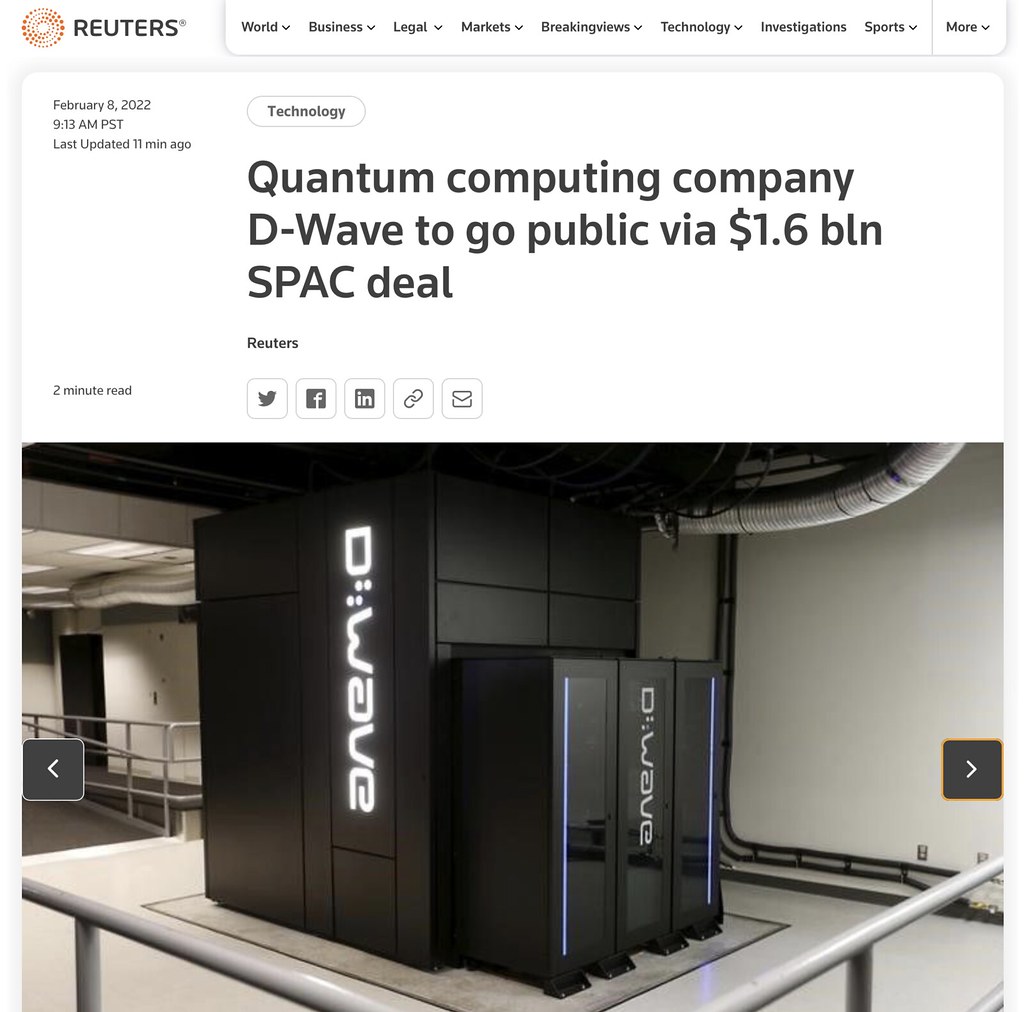Nuclear fusion has been touted by scientists and futurists for decades as the holy grail of clean energy. But recent years have seen a slew of startups emerging with novel approaches to tackling the technological and engineering obstacles that have crippled the sector for decades. While some of these companies are the well-funded “unicorns” of the nuclear fusion world, like Tri Alpha Energy, some of the most promising fusion startups have yet to break through the proverbial glass ceiling and receive the same level of financial backing. Here are five of them:
1. Helion Energy: Led by CEO David Kirtley, Helion Energy has developed a unique approach to containment that utilizes electro-magnetic fields to trap plasma instead of the expensive and intricate magnetic bottle designs of traditional fusion reactors. The company was recently awarded a Small Business Grant by the US Department of Energy to further their research.
2. Sunfire GmbH: Based in Germany and founded in 2012, Sunfire GmbH is taking a completely different approach to developing fusion technology. Their focus is on using high-temperature ceramic materials to create a more efficient design, which could potentially reduce the cost of construction.
3. Tokamak Energy: Backed by private investors, Tokamak Energy is aiming to be the first company to develop a commercial fusion reactor for power production. The company is focusing on a more traditional methodology, leveraging proven technology like superconducting magnets, but taking the design to scale and increasing the power output.
4. General Fusion: Also focused on superconducting magnets, General Fusion is taking a modular approach that makes the construction process more efficient. They are currently in the development phase, with a planned test facility scheduled to be operational in a few years.
5. TAE Technologies: The longest running – and perhaps most ambitious – startup in this list is TAE Technologies. Founded in 1998, TAE has invested heavily in some of the most complex technologies for fusion energy, such as high-temperature superconductors. The company has reportedly made significant progress and is on track to deploy a pilot fusion reactor in the next few years.
Directed and sustained funding from private investors and government grants are sure to drive continued innovation in the fusion energy field and will turn these five nuclear fusion startups into unicorns. We can only hope that these quick-moving companies manage to overcome the considerable technological and economic barriers, in order to bring clean, sustainable energy to the world.

